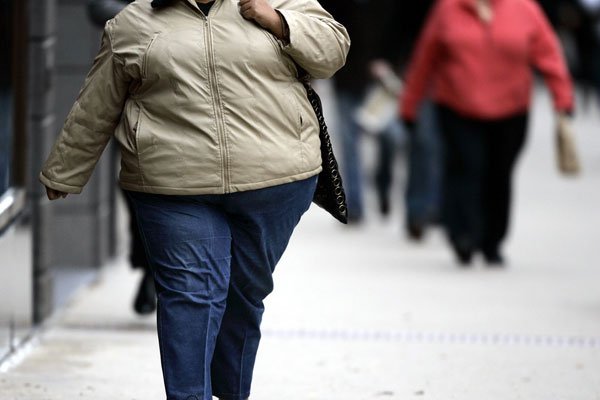Twice as many Kenyan women as men are obese or overweight, according to a new health survey.
It says more than six million adults have excess fat as a result of eating too much and moving too little.
The 2015 Kenya STEPwise Non-Communicable Disease Survey says unhealthy diets, which include lots of sugars and salts, alcohol and tobacco, in addition to long periods of inactivity are key contributors to the problem that it terms a public health concern
Health Cabinet Secretary Cleopa Mailu, who launched the report on Friday called for a campaign to raise awareness about diet to stem the crisis.
“I am glad to note that the Ministry of Agriculture is rolling out programmes to promote cultivation and consumption of our nutritious and wholesome traditional African dishes,” he said.
The report says 28 per cent of men and 36 per cent of women are at risk of obesity-related illnesses — such as depression, diabetes, high blood pressure, respiratory problems, infertility, heart disease, and cancer — due to the accumulation of abdominal fat.
A Kenyan, on average, spends at least two hours sitting with little physical activity, says the study by the Ministry of Health, the Kenya Bureau of Statistics and the World Health Organisation.
It also shows that only five per cent of Kenyans eat the required daily portions of fruits and vegetables, contributing to unhealthy dietary habits that have been blamed for the rise in non-communicable diseases.
More than half of Kenyan adults have never had their blood pressure checked yet one in every 10 Kenyans aged between 40 and 69 are at a high risk of developing a heart disease or dying from a heart-related complication brought on by hypertension, it says.
Nearly five million Kenyan adults, the report adds, are hypertensive, less than 10 per cent of whom are on treatment.

